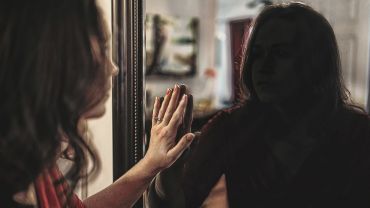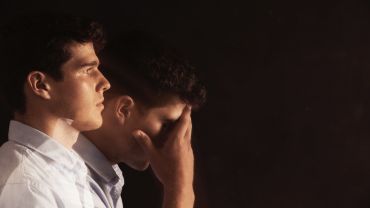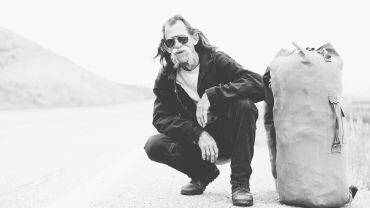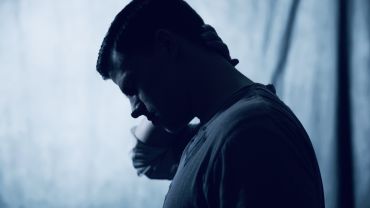For this chapter, we will focus on the eighth tip from the Maker: trust in God and hope. Will this remedy really work? Is it possible that religion can do any real good in the life of those who practice it?


For this chapter, we will focus on the eighth tip from the Maker: trust in God and hope. Will this remedy really work? Is it possible that religion can do any real good in the life of those who practice it?

Look at this chapter as a prescription from the Doctor of all doctors. Seven healthy attitudes have been confirmed by scientific research. You can trust and believe them, because they really work! And best of all, they are free!

Anger and hate can show up occasionally, and as human feelings, they are not completely avoidable. However, when they surpass the level of being sporadic, they are reactions that cause devastation in family, social, and work relationships.

The conscience does not always provide a wise standard of conduct. Sometimes the conscience is too narrow and restrictive. In some people the conscience has no limits.

Happiness has been defined as the total absence of addiction. This includes addictions to “heavy” or illegal drugs, compulsive sex, gambling, video games, and the Internet. It also includes common substances that cause addictions, such as alcohol, cigarettes, and coffee.

In this world, it is impossible to eliminate all traumatic situations. As resilient as a person may be, suffering knocks at their door and brings pain along with it. Why do things have to be like that? What’s the solution?

Stress is part of our daily life. Time and work pressures, problems in relationships, noise, pollution, finances, and insecurity are only a few causes of stress.

Depression can also be considered “excess of the past.” This was the exact problem Carlos was facing. Carlos was considered a strong and energetic man, so much so that his friends called him Big Carlos. But the years of an out-of-control lifestyle filled with partying, drinking, and casual love relationships had taken their toll.

Some say that anxiety is excess future, depression is excess past, and stress is excess present. Now imagine someone who has an excess of all of these! Laura was that person…

Each person can control their thoughts and direct their will. With the exception of instinctive reactions or repeated actions in our habits, what we do has its origin in our thoughts.